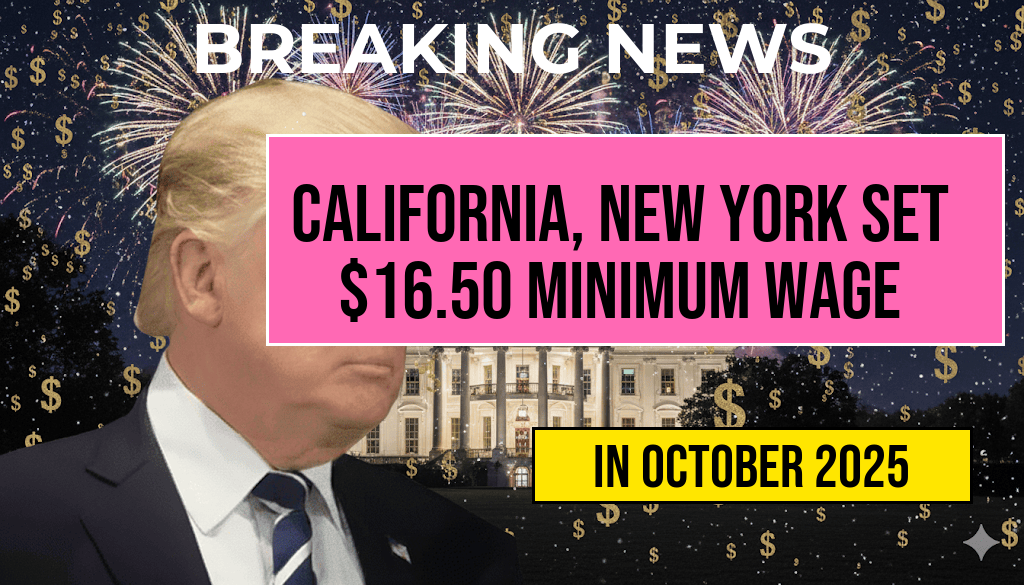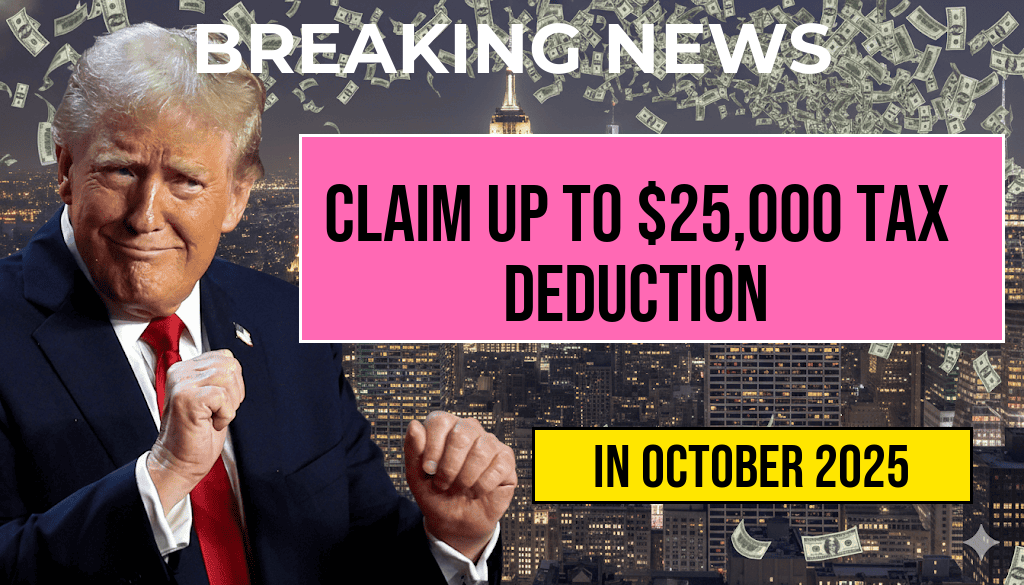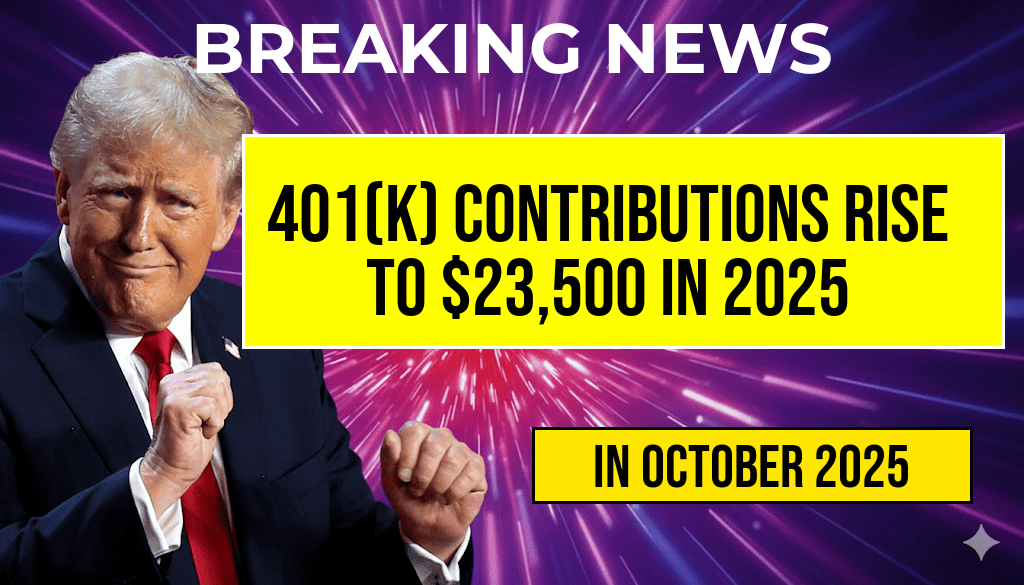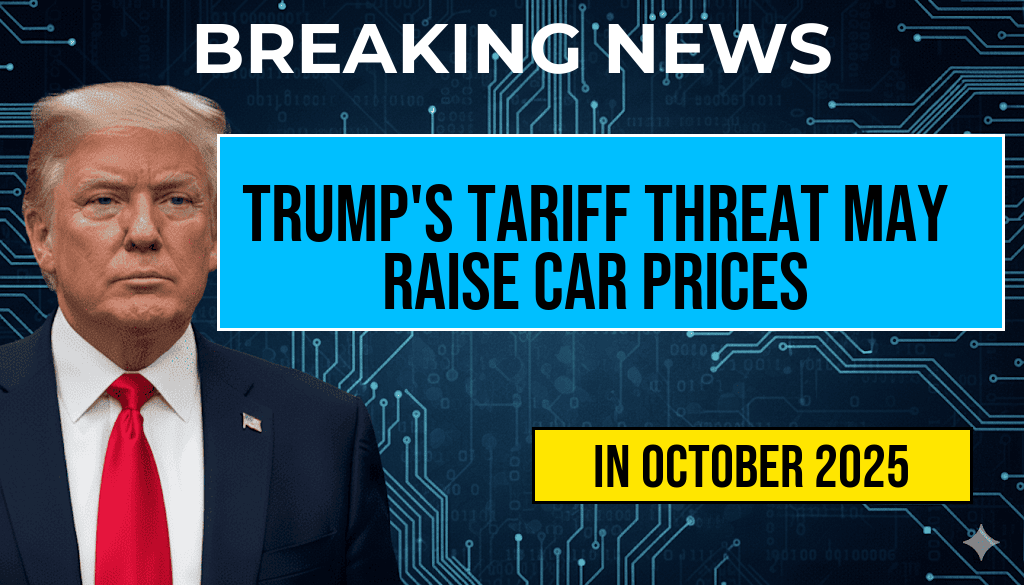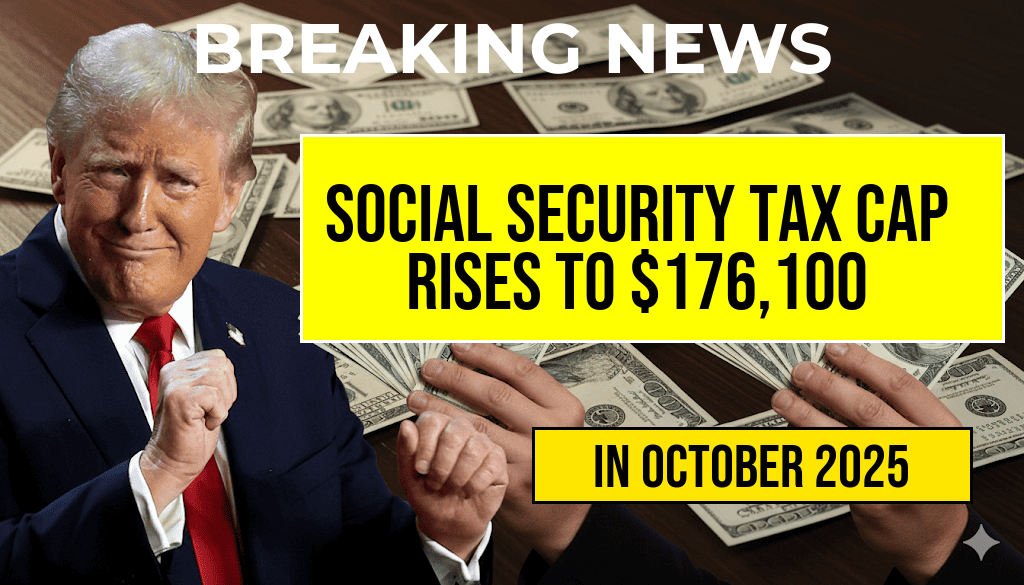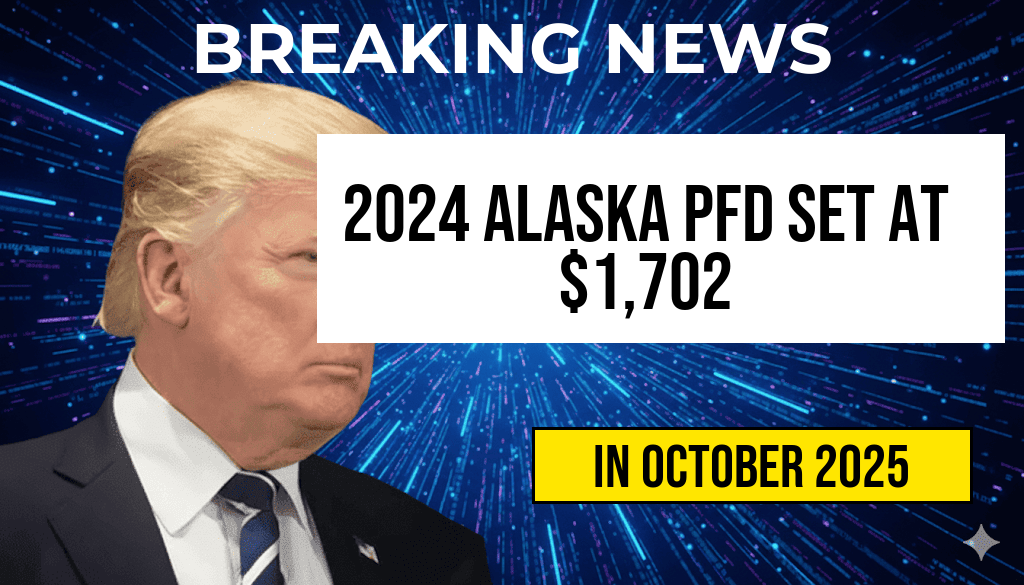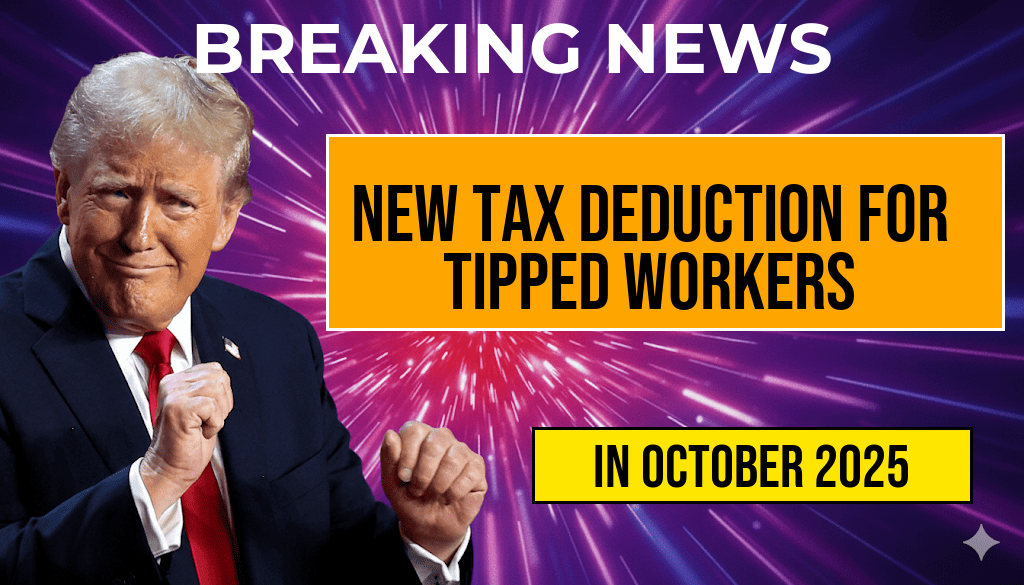Former President Donald Trump has reignited discussions about potential tariffs on imported vehicles, a move that experts warn could significantly raise prices for consumers. According to a report from the Forbes, the proposed tariffs could add as much as $5,286 to the price of new vehicles, sending shockwaves through the automotive industry and impacting buyers nationwide. The tariffs are part of a broader strategy to bolster American manufacturing and reduce reliance on foreign imports, but critics argue that the economic repercussions could outweigh the intended benefits. With vehicle prices already at historic highs, the latest developments may exacerbate the financial strain on consumers and reshape the dynamics of the U.S. automotive market.
Understanding the Proposed Tariff Impact
The potential increase in vehicle prices stems from Trump’s announcement to impose tariffs on imported cars and auto parts. Economic analysts warn that such tariffs would likely lead to higher production costs for manufacturers, which would ultimately be passed down to consumers. The automotive sector, heavily reliant on global supply chains, faces a precarious situation as it navigates these proposed changes.
Projected Price Increases
- Small Cars: Estimated price increase of $4,000
- Medium-Sized Vehicles: Estimated price increase of $5,000
- SUVs and Trucks: Estimated price increase of $5,286
Experts predict that the tariffs could disrupt not only pricing but also the availability of vehicles in the U.S. market. Many manufacturers may need to adjust their production strategies, sourcing materials domestically or from non-tariffed countries, which could further complicate supply chains.
The Automotive Industry’s Response
Automotive industry leaders are voicing concerns over the proposed tariffs. Major manufacturers argue that increased costs could deter consumers from purchasing new vehicles, leading to decreased sales and potential layoffs in the industry. The National Automobile Dealers Association (NADA) has expressed apprehension about the tariffs, emphasizing the potential negative impact on the already fragile recovery of the automotive market.
Consequences for Consumers
For consumers, the prospect of higher vehicle prices comes at a time when many are already grappling with inflation and rising living costs. The anticipated increase in vehicle prices could lead to a shift in consumer behavior, with more individuals opting for used cars or delaying their purchase decisions altogether. This trend could further strain the new car market, as demand for used vehicles might outpace supply.
Global Trade Relations at Stake
The proposed tariffs also carry implications for U.S. trade relations. Countries that export vehicles to the United States may retaliate with their own tariffs, further escalating tensions and complicating diplomatic relationships. Industry experts emphasize that a trade war could have far-reaching consequences, affecting not just the automotive sector but various other industries reliant on cross-border trade.
What Lies Ahead?
As discussions continue, stakeholders are closely monitoring the situation. The potential for tariffs has sparked debates about the balance between protecting American jobs and maintaining a competitive market. While supporters of the tariffs argue they are necessary for national security and economic independence, opponents warn of the unintended consequences that could harm consumers and the industry at large.
| Vehicle Type | Estimated Price Increase |
|---|---|
| Small Cars | $4,000 |
| Medium-Sized Vehicles | $5,000 |
| SUVs and Trucks | $5,286 |
With the automotive landscape evolving rapidly, stakeholders will need to stay informed and agile in response to these developments. The looming threat of tariffs continues to cast a shadow over the industry, prompting questions about the future of vehicle pricing, consumer behavior, and international trade relations.
Frequently Asked Questions
What are the potential impacts of Trump’s tariff threat on vehicle prices?
The potential impacts of Trump’s tariff threat could lead to increased vehicle prices by as much as $5,286, affecting both consumers and manufacturers.
Which vehicles are most likely to see price increases due to the tariffs?
Vehicles that are heavily reliant on imported parts or are manufactured outside of the country may see the most significant price increases due to the tariffs.
How might these tariffs affect the automotive industry overall?
The tariffs could result in higher production costs for manufacturers, which may lead to reduced profit margins and potentially fewer job opportunities within the automotive industry.
Are there any exemptions or alternatives to these tariffs?
Currently, there may be discussions around potential exemptions or trade negotiations, but specifics are unclear. Manufacturers are exploring alternative sourcing to mitigate the impact of tariffs.
What should consumers consider if vehicle prices increase?
Consumers should consider the timing of their purchases, as increased prices may lead to higher financing costs and could affect their overall budget for a new vehicle.

